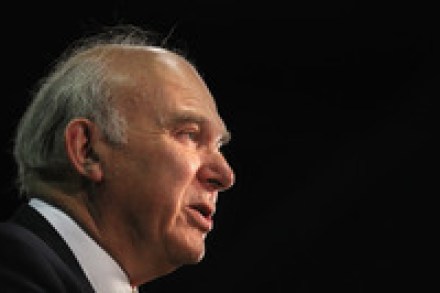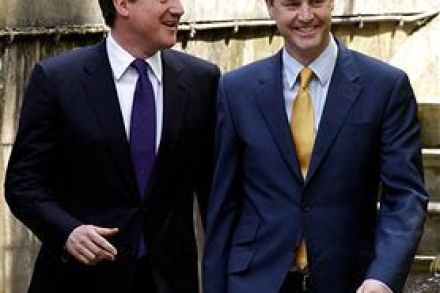The Liberal Democrats and the Fallacy of Sunk Costs
John McTernan makes the case: Paradoxically, it is the increaing unpopularity of the Liberal Democrats that will bind them closer to the Tories. It’s illogical, I know. Being in the Coalition has halved their support, so really they should leave as soon as possible. But they won’t, they’ll cling on for dear life. Economists know this as the “sunk cost fallacy” – ordinary people use the phrase “good money after bad”. Essentially, most of us have an aversion to loss, so we tell ourselves any stories we can think of rather than do the logical thing and cut our losses. For sure, some Lib Dems think that there will be an upside.















